
A new technique can be used to predict the actions of human or AI agents who behave suboptimally while working toward unknown goals.

Using generative AI to improve software testing
MIT spinout DataCebo helps companies bolster their datasets by creating synthetic data that mimic the real thing.

Student Spotlight: Victory Yinka-Banjo
Victory Yinka-Banjo is a junior majoring in 6-7: Computer Science and Molecular Biology.
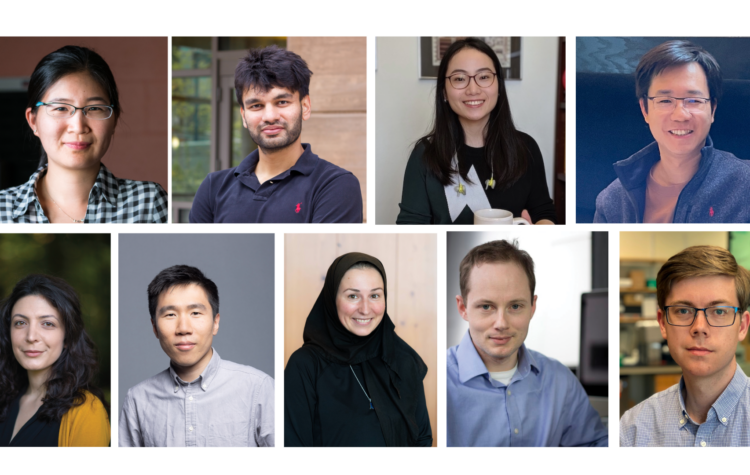
Department of EECS Announces 2024 Promotions
The Department of Electrical Engineering and Computer Science (EECS) is proud to announce multiple promotions.

MIT CSAIL researchers develop advanced machine-learning models that outperform current methods in detecting pancreatic ductal adenocarcinoma.
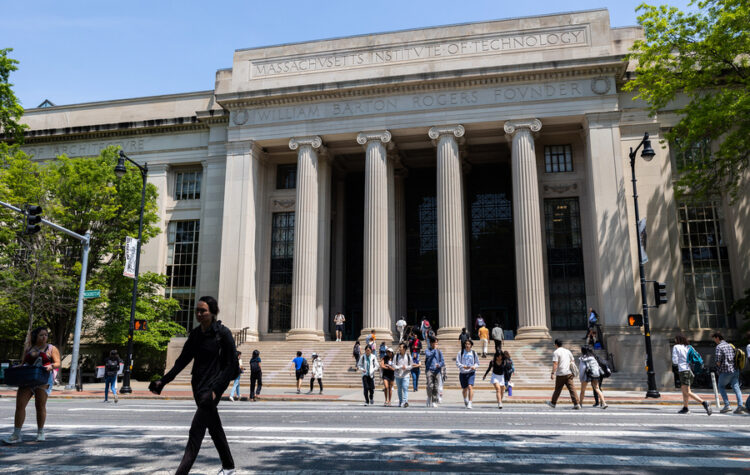
MIT group releases white papers on governance of AI
The series aims to help policymakers create better oversight of AI in society.
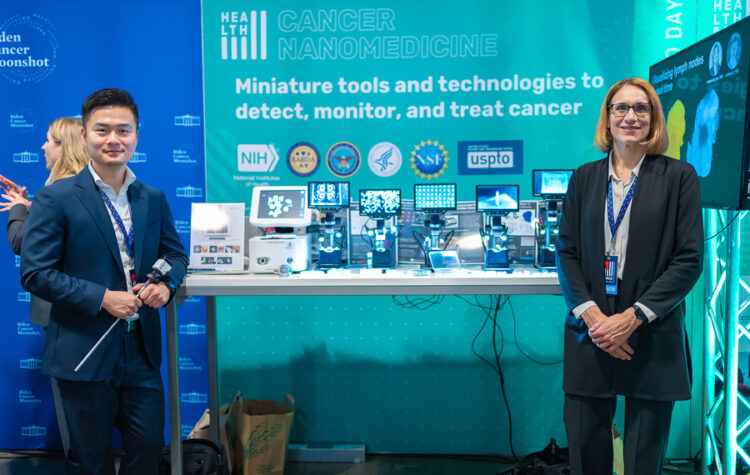
MIT’s tiny technologies go to Washington
Cancer nanomedicine was on display at the 2023 White House Demo Day.
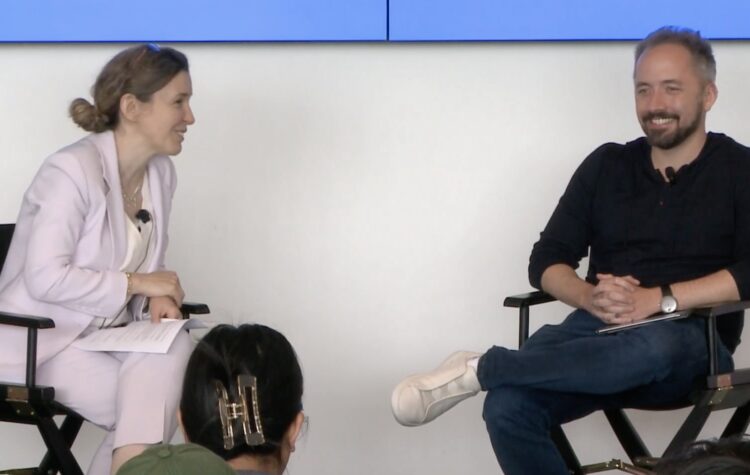
EECS Alliance Roundup: 2023
Founded in 2019, The EECS Alliance program connects industry leading companies with EECS students for internships, post graduate employment, networking, and collaborations. In 2023, it has grown to include over 30 organizations that have either joined the Alliance or participate in its flagship program, 6A.
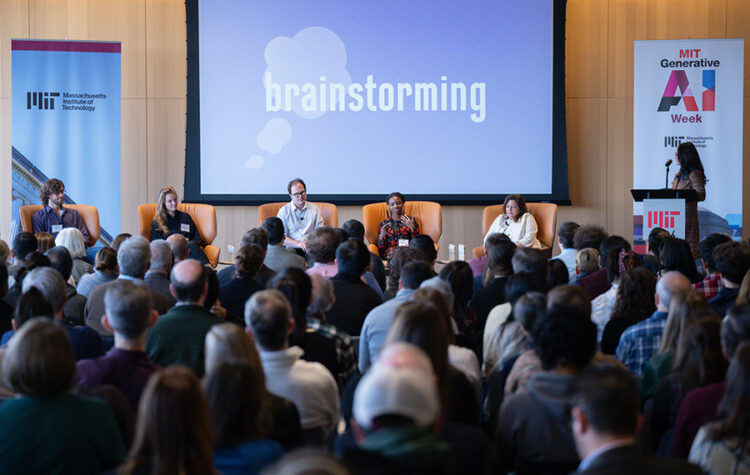
MIT Generative AI Week fosters dialogue across disciplines
During the last week of November, MIT hosted symposia and events aimed at examining the implications and possibilities of generative AI.

Five MIT faculty, along with seven additional affiliates, are honored for outstanding contributions to medical research.